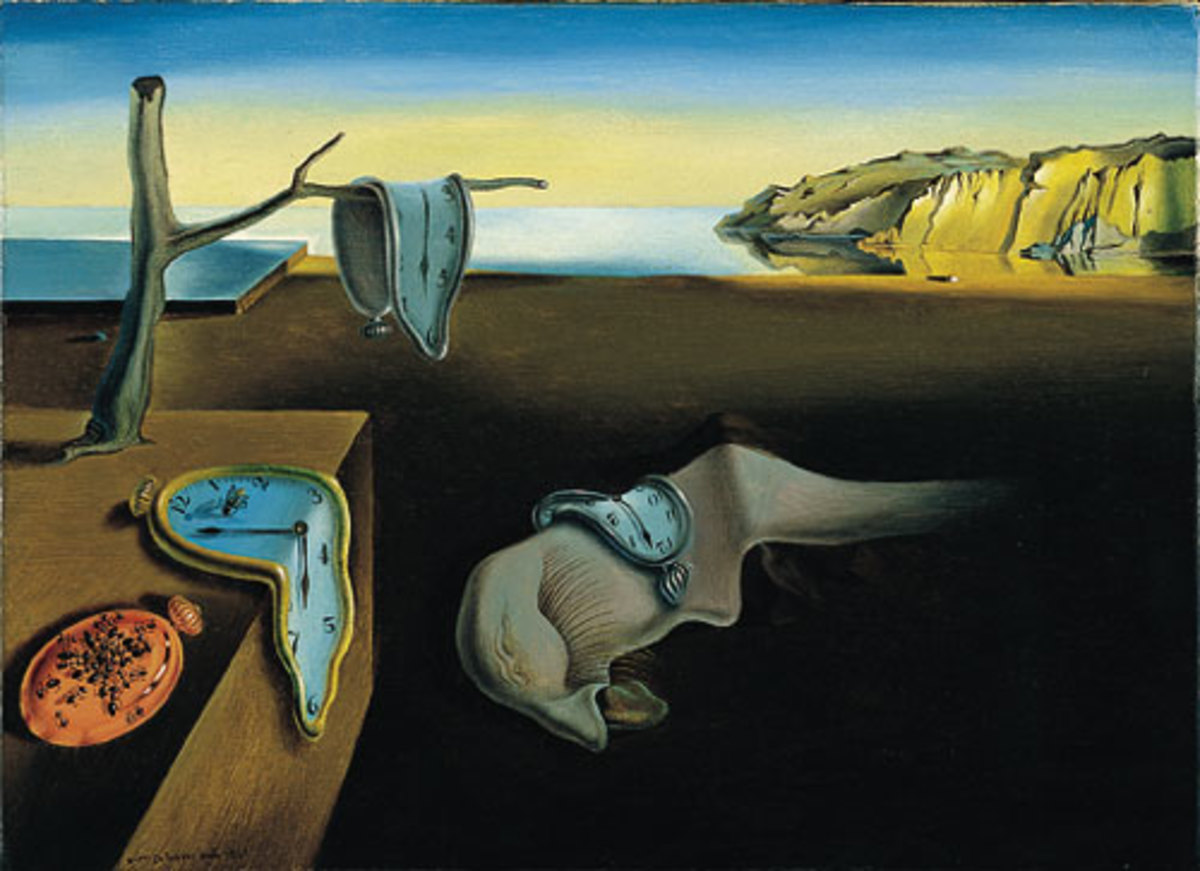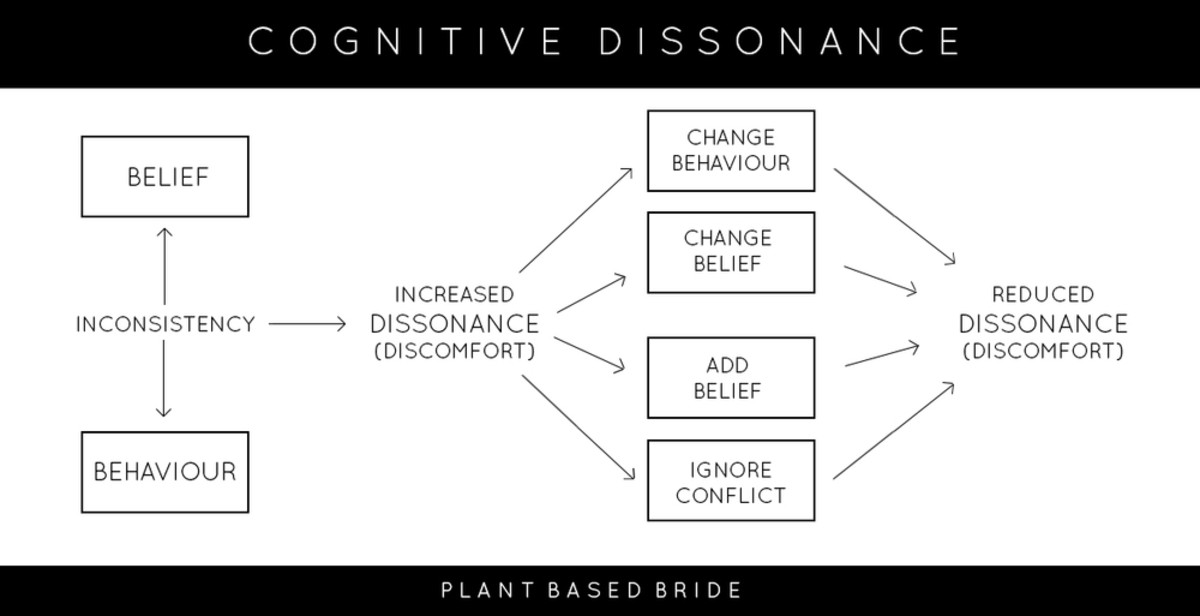Can You Trust Your Memories?

I awoke this morning with a very clear recollection of a dream I had. I was interviewing Ringo Star, and was asking him if his memories of the Beatles were just memories, or a mix of recollections of film and TV footage. It gave me an idea that I wanted to explore: how reliable are memories, and how much do they change over time? I once read that memories can change – a phenomenon I've noticed with my own memories. I'd also heard that questioning children again and again can create false memories, which they then believe and recall with conviction. They call this False Memory Syndrome.
Are your memories accurate?
This phenomenon of false memory was highlighted one day when my wife and I were trying to decide which DVD to rent. We had a long conversation about whether we’d seen this particular film or not. The core of the debate boiled down to whether we were recalling the film trailers, which over time had morphed into a memory of seeing the film. Even after watching the film it was unclear whether we’d watched the film or just watched all the trailers coupled with reading a review or two.
Carl Sagan, a very well respected academic, quotes Elizabeth Loftus in his book The Demon Haunted World:
'Memories of an event more closely resemble a story undergoing constant revision than a packet of pristine information'

This quote feels true to me. It reflects how I've come to see my recall of memories. But I’m in my forties and have a lot of memories to revise! I also find that because I've moved around and travelled quite a lot, my brain has re-prioritized my memories. The ones that have no ‘physical’ reminders (like the house I grew up in, or the school I went to) have vapoured into a dreamlike recall. But this is my mind and my memory, and maybe your brain works completely differently. There is no ‘objective’ here, just a subjective inference based on how we store and interpret our own memories.
Why Doesn't Memory Work?
Sue Campbell, in her book Relational Remembering: Rethinking the Memory Wars, explains how memory is more than recall, it functions on an image and semantic level, and is influenced by culture. I remember taking a psychology test once and being shown images to remember. I recalled them all, but they weren’t all correct. In some cases I’d replaced one object with another similar one by picturing the images incorrectly: a large truck was replaced by a van, a set of drawers replaced by a wardrobe.

From my own thinking on this, I know I can be wrong. The more frustrating aspect is that my wife knows I can be wrong also! Even when I’m sure about something, I’m still not SURE, because I know I could be wrong. It makes me wonder about recalled stories. I had a friend who loved to tell grand stories of his exploits, and we all loved to hear them. One day I heard him telling a story I had been a part of. It wasn’t until then that I fully realized how much his stories had been embellished. And on the next telling of the story it was even more elaborate!
So now what?
Can we trust our memories? Can we trust the memories of others? And can we trust old stories and tomes written from memory? From my personal experience I don’t think so — but I might just have a very fallible memory and may be ‘tarring everyone else with the same brush’! I feel that if doubts are raised about whether you can trust your memory, it may be wise to give your significant other the benefit of doubt, just a little bit more leeway, before that huge argument erupts over absolutely nothing.
And The Moral of the Story...
Be careful what you think…
You might just break what you think you know you knew.
From the False Memory Syndrome Foundation Website:
(http://www.fmsfonline.org)
What are false memories? Because of the reconstructive nature of memory, some memories may be distorted through influences such as the incorporation of new information. There are also believed-in imaginings that are not based in historical reality; these have been called false memories, pseudo-memories and memory illusions. They can result from the influence of external factors, such as the opinion of an authority figure or information repeated in the culture. An individual with an internal desire to please, to get better or to conform can easily be affected by such influences.
Sources:
http://www.fmsfonline.org/
Loftus, E & Ketcham, K. (1992). Witness for the Defense: The Accused, the Eyewitness, and the Expert Who Puts Memory on Trial. St. Martins Press.
Maran, M. (2010). My Lie: A True Story of False Memory. San Francisco, CA: Jossey Bas
Pendergrast, M. (1996). Victims of Memory: Sex Abuse Accusations and Shattered Lives. Hinesburg, Vermont: Upper Access Books
Sagan, C. (2000). The Demon-Haunted World: Science is a Candle in the Dark. New York, NY: Random House








